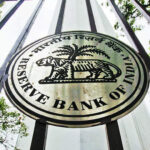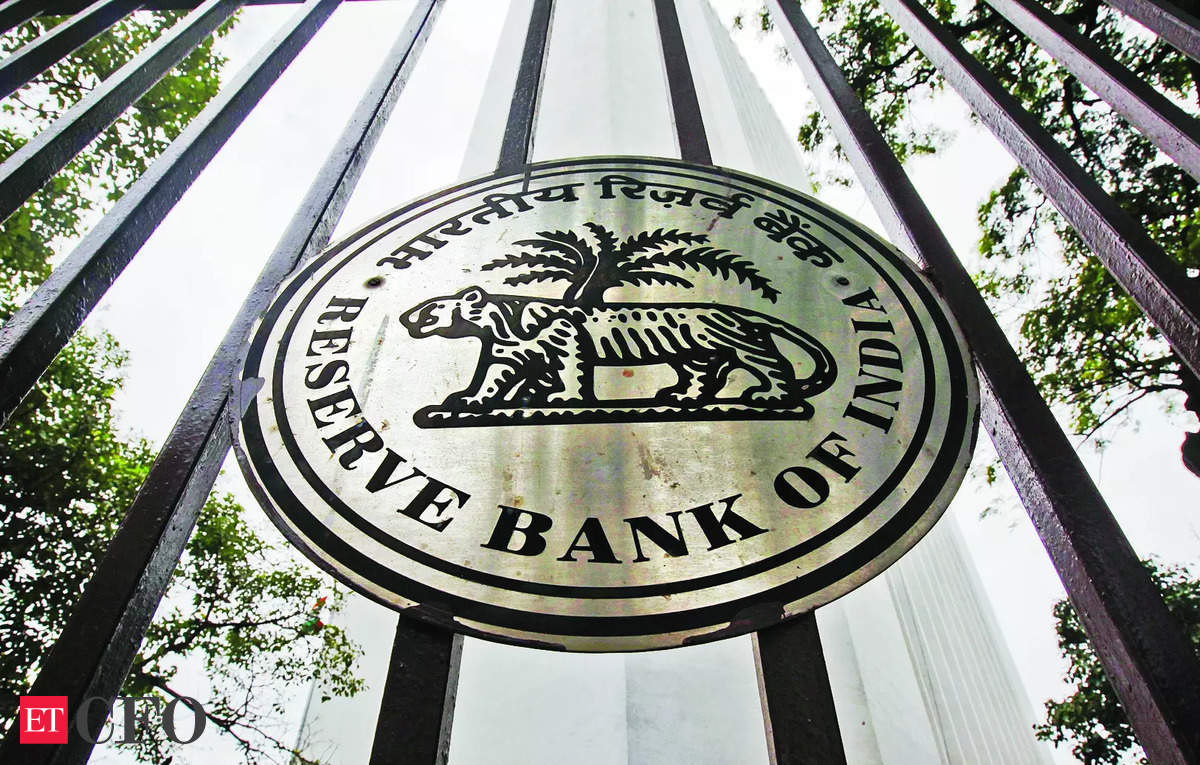In a ruling that will impact many credit card holders in India, the Supreme Court on December 20 overturned a 2008 National Consumer Disputes Redressal Commission (NCDRC) ruling capping credit card interest on late bill payments at 30% per annum. “In view of the foregoing reasons, the judgment of the NCDRC is set aside and appeals are allowed,” Justice Trivedi said while pronouncing the judgment. A detailed copy of the judgment is awaited.
“The impact of this Supreme Court judgment effectively punishes the violation of the 30 percent interest cap on credit card contributions, which citizens should be concerned about as it exposes them to much higher costs,” said Siddharth Maurya, Founder and Managing Director of Vibhavangal Anukulakara. Private limited.
These banks challenged the NCDRC’s authority to cap credit card interest rates
Banks including Standard Chartered Bank, Citibank, American Express and Hong Kong and Shanghai Banking Corporation (HSBC) filed petitions before a bench of Justices Bela Trivedi and Satish Chandra Sharma.
The Supreme Court lifts the 30% limit on late credit card payments: consequences for banks
The Supreme Court’s decision to quash the NCDRC order of March 25, 2008 clearly changes the landscape of credit cards in India. This decision allows banks to set interest rates as they deem appropriate based on market conditions.
“Banks are free to charge more than thirty percent interest per annum, which they consider permissible due to the operational costs, risk of default and the nature of the unsecured credit card,” said Gaurav Singh Parmar, Associate Director of Fincorpit Consulting .
The Supreme Court lifts the 30% limit on late credit card payments: what it means for credit card holders
Making credit card payments on time is critical to avoiding higher interest rates. Experts advise cardholders to pay off balances within the interest-free period.
“The increased burden on cardholders makes it necessary for them to be cautious about their spending habits and repayment tendencies to save themselves from the vicious cycle of ever-increasing interest rates,” said Siddharth Maurya.
“Developing strategies for timely repayment of credit cards, understanding the terms associated with interest rates and avoiding overuse of balances are the most important strategies for credit card users,” said Gaurav Singh Parmar.
What did NCDRC say in 2008?
In 2008, the NCDRC said it was unfair to charge credit card holders annual interest of more than 30% for either not making the full payment on time or simply paying the minimum amount due.
Read all our personal financial stories here
Disclaimer: The views and recommendations made above are those of individual analysts, and not of Mint. We recommend that investors consult certified experts before making any investment decisions.











